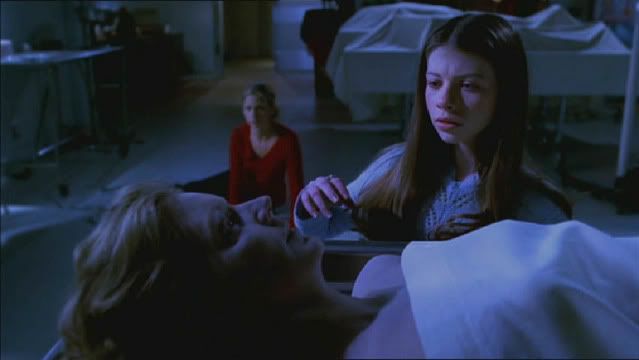 In my sociology class right now we
are learning about the “gender pay gap” in the workplace. I know we talked
about this in class a bit, and I found some really interesting and thought
provoking ideas from class and online that I wanted to share. There are many different
arguments on this subject as it goes against equality of genders; a lot of
people do not want to say this doesn’t exist because they are afraid of being “sexist.”
I have, however, found that there are strong reasons for this gap besides
discrimination.
In my sociology class right now we
are learning about the “gender pay gap” in the workplace. I know we talked
about this in class a bit, and I found some really interesting and thought
provoking ideas from class and online that I wanted to share. There are many different
arguments on this subject as it goes against equality of genders; a lot of
people do not want to say this doesn’t exist because they are afraid of being “sexist.”
I have, however, found that there are strong reasons for this gap besides
discrimination.
Most women, when looking for a
career, have the idea of “starting a family” in their head as well. They want a
job that will allow for flexible hours, benefits, and less education time in
order to spend more time raising their kids. Men, on the other hand, feel the
need to provide for their families and tend to take more high risk, long hours,
high paying jobs. Although this is a “stereotypical” way of looking at
families, men making the money and women raising the kids, it is still very
prevalent in America.
In my family, my dad was definitely
always the “bread-winner,” while my mom stayed home to be the nurturer and
instructor. I know that in picking a career for my future, I absolutely had my family
in mind. It’s not that I want to sacrifice my education and opportunities for a
job that is “below” me, I just firmly believe in raising my own kids and not
sending them to day care for someone else to do it. I, personally, can say that
I would choose a lesser-paying job if it meant better hours and more time with
my family.
I think a lot of women put their
need to be a “mommy” over the satisfaction of having a large pay check. I am
not dissing my sex for this in any way, but think of it as a choice we have
consciously made for our futures. I do, however, believe that we do not have
the right to complain about a gender pay gap if the reason for this gap is our
own doing. (I know that in some studies where a
woman and man are both interviewed and the woman is offered less for the same
job, there are reasons to be upset, but I am simply talking about the AVERAGE
pay gap that feminists freak out about).
I found this article online about the "8 Reasons Why the Gender Gap is a Total Sham".There is
a lot of it that I agree with, but also they don’t seem very understanding of
why people are getting upset. They are just accusing women who want equal
rights of being ignorant complainers.
Although I believe to a rather great
extent much of what this article says, there is definitely a part of me that
cringes at the thought of a woman being turned down for a position (or being
paid less) simply because of her gender. This should never be the case, as
equality should be guaranteed now in the 21st century. When
discussing the same jobs and unequal pay, I agree with the feminists who argue
for chopping the gap because it truly should not exist. However, when we look
at the average pay for American men and women, it gets much iffier and harder
for me to judge, as even I am choosing a job that puts my desire for a family
over a successful career.














